Justice RS Pathak held as "one of the most crucial pieces of evidence" a letter written by the senior Congress leader on January 30, 2001 to Iraqi Oil Minister Amer Mohammed Rasheed.
NEW DELHI: In deciding to indict K Natwar Singh, Justice RS Pathak held as "one of the most crucial pieces of evidence" a letter written by the senior Congress leader on January 30, 2001 to Iraqi Oil Minister Amer Mohammed Rasheed asking him to give "full assistance and cooperation" to Andaleeb Sehgal, a Delhi-based businessman.
"It demonstrates that Natwar Singh utilised his presence in Iraq not merely for the purpose of representing the Congress party in a goodwill mission but also took the opportunity of lending his assistance in the procurement of the oil allocation to Andaleeb Sehgal who accompanied him on the visit to the oil minister," the Pathak inquiry authority report tabled in Parliament on Monday, said.
Sehgal had accompanied Singh for the meeting with the Iraqi minister on January 22, 2001. The January 30, 2001 letter is "one of the most crucial pieces of evidence in this proceeding", it said.
It was noted that Singh's letter was written on an official letter head of the All India Congress Committee showing him as 'Member, Congress Working Committee, and beneath that 'Chairman, Foreign Affairs Department' and the address given is 24, Akbar Road, New Delhi.
The official phone numbers of the AICC are mentioned on the letterhead itself and at the bottom of the letterhead the residence phone numbers along with the fax number are mentioned, it said.
In the letter, Singh wrote that he was sending the letter with Sehgal who was "present when I called on you on January 22, 2001 at your office in Baghdad".
Singh said Sehgal was "well known" to him for "many years" and "so is the company he owns".
The former external affairs minister further said Sehgal "enjoys my full support and confidence, and I would appreciate you giving him your full assistance and cooperation".
Making a special mention in his letter, Singh said the Congress party "greatly values its fraternal links with the Arab Ba'ath Socialist Party" and "I believe that these links have been further intensified during our stay in Baghdad".
Before the inquiry authority, Singh was asked whether he had met the Iraqi minister to which he had replied in the affirmative but had claimed that no one else was present.
When confronted with the letter, Singh admitted that the signature on it was his but he was not sure about the text.
The panel held that the letter was "in fact" written by Singh because not only was the signature his but also the words "with regards" written by hand, the handwriting of which was admitted by Singh to be his.
It said it was possible that Singh's son Jagat was also present at that meeting since in a subsequent letter dated April 26, 2001 again addressed to the Iraqi minister, the diplomat-turned politician said his son was with him.
"I am sending this letter with my son, K Jagat Singh who is general secretary of the youth wing of the Congress Party. He and his cousin Andaleeb Sehgal were with me when I called on you about three months ago. Jagat and his cousin will tell you how much I have appreciated your help and cooperation which I hope will continue," the report said.
The Pathak report noted that the April 26, 2001 letter was written on a similar letterhead of the AICC and was marked "personal".
"It is thus evident that a meeting took place with the Iraqi oil minister where Natwar Singh, Jagat Singh and Andaleeb Sehgal were present," it said.
What transpired during this meeting was not known since none of the three persons spoke about it, the report said.
"However, it is reasonable to infer that there was some talk about the allocation of oil since on the very next date, ie on January 23, 2001, Jagat Singh and Sehgal, along with Aniel Mathrani (then secretary of the AICC Foreign Affairs cell) went to the building of the State Oil Marketing Organisation where they were told about how the Iraqi officials in the Ministry of Oil went about allocating oil to companies under the UN Oil for Food programme," it said.
R Dayakar, then India's Ambassador to Iraq, said there was a call from the Iraqi foreign ministry asking him to be present at the SOMO office. When he went there, Jagat, Mathrani and Sehgal were present.
The report said it was apparent that Natwar Singh's meeting with the Iraqi minister carried "great significance". That can be judged from SOMO opening its doors to Jagat and Sehgal the very next day.
It was known at that time that the Iraqi Government did not deal with any stranger and did not permit any one apart from the persons who had been approved by them to deal in the commodity of oil, the report said.
![submenu-img]() Delhi-NCR weather update: Rain in parts of Delhi, Noida after record heat
Delhi-NCR weather update: Rain in parts of Delhi, Noida after record heat![submenu-img]() Hardik Pandya finally breaks silence amid divorce rumours with Natasa Stankovic
Hardik Pandya finally breaks silence amid divorce rumours with Natasa Stankovic![submenu-img]() Watch viral video: 17 cars gutted as fire erupts at parking lot in Delhi
Watch viral video: 17 cars gutted as fire erupts at parking lot in Delhi![submenu-img]() Explained: Why MS Dhoni cannot apply for India head coach job
Explained: Why MS Dhoni cannot apply for India head coach job![submenu-img]() Nargis, Bina Rai, Suraiya rejected this role, chosen actress refused Filmfare Award; film became classic, is based on...
Nargis, Bina Rai, Suraiya rejected this role, chosen actress refused Filmfare Award; film became classic, is based on...![submenu-img]() RBSE 10th Result 2024: Rajasthan Board Class 10 results to be out today; check time, direct link here
RBSE 10th Result 2024: Rajasthan Board Class 10 results to be out today; check time, direct link here![submenu-img]() Meet Indian genius who founded India's first pharma company, he is called 'Father of...
Meet Indian genius who founded India's first pharma company, he is called 'Father of...![submenu-img]() DU Admission 2024: Delhi University launches admission portal to 71000 UG seats; check details
DU Admission 2024: Delhi University launches admission portal to 71000 UG seats; check details![submenu-img]() Meet IAS officer, who became UPSC topper in 1st attempt, sister is also IAS officer, mother cracked UPSC exam, she is...
Meet IAS officer, who became UPSC topper in 1st attempt, sister is also IAS officer, mother cracked UPSC exam, she is...![submenu-img]() Meet student who cleared JEE Advanced with AIR 1, went to IIT Bombay but left after a year due to..
Meet student who cleared JEE Advanced with AIR 1, went to IIT Bombay but left after a year due to..![submenu-img]() DNA Verified: Did Kangana Ranaut party with gangster Abu Salem? Actress reveals who's with her in viral photo
DNA Verified: Did Kangana Ranaut party with gangster Abu Salem? Actress reveals who's with her in viral photo![submenu-img]() DNA Verified: New Delhi Railway Station to be closed for 4 years? Know the truth here
DNA Verified: New Delhi Railway Station to be closed for 4 years? Know the truth here![submenu-img]() DNA Verified: Did RSS chief Mohan Bhagwat praise Congress during Lok Sabha Elections 2024? Know the truth here
DNA Verified: Did RSS chief Mohan Bhagwat praise Congress during Lok Sabha Elections 2024? Know the truth here![submenu-img]() DNA Verified: Is CAA an anti-Muslim law? Centre terms news report as 'misleading'
DNA Verified: Is CAA an anti-Muslim law? Centre terms news report as 'misleading'![submenu-img]() DNA Verified: Lok Sabha Elections 2024 to be held on April 19? Know truth behind viral message
DNA Verified: Lok Sabha Elections 2024 to be held on April 19? Know truth behind viral message![submenu-img]() Avneet Kaur shines in navy blue gown with shimmery trail at Cannes 2024, fans say 'she is unstoppable now'
Avneet Kaur shines in navy blue gown with shimmery trail at Cannes 2024, fans say 'she is unstoppable now'![submenu-img]() Assamese actress Aimee Baruah wins hearts as she represents her culture in saree with 200-year-old motif at Cannes
Assamese actress Aimee Baruah wins hearts as she represents her culture in saree with 200-year-old motif at Cannes ![submenu-img]() Aditi Rao Hydari's monochrome gown at Cannes Film Festival divides social media: 'We love her but not the dress'
Aditi Rao Hydari's monochrome gown at Cannes Film Festival divides social media: 'We love her but not the dress'![submenu-img]() AI models play volley ball on beach in bikini
AI models play volley ball on beach in bikini![submenu-img]() AI models set goals for pool parties in sizzling bikinis this summer
AI models set goals for pool parties in sizzling bikinis this summer![submenu-img]() DNA Explainer: Why was Iranian president Ebrahim Raisi, killed in helicopter crash, regarded as ‘Butcher of Tehran’?
DNA Explainer: Why was Iranian president Ebrahim Raisi, killed in helicopter crash, regarded as ‘Butcher of Tehran’?![submenu-img]() DNA Explainer: Why did deceased Iranian President Ebrahim Raisi wear black turban?
DNA Explainer: Why did deceased Iranian President Ebrahim Raisi wear black turban?![submenu-img]() Iran President Ebrahim Raisi's death: Will it impact gold, oil prices and stock markets?
Iran President Ebrahim Raisi's death: Will it impact gold, oil prices and stock markets?![submenu-img]() Haryana Political Crisis: Will 3 independent MLAs support withdrawal impact the present Nayab Saini led-BJP government?
Haryana Political Crisis: Will 3 independent MLAs support withdrawal impact the present Nayab Saini led-BJP government?![submenu-img]() DNA Explainer: Why Harvey Weinstein's rape conviction was overturned, will beleaguered Hollywood mogul get out of jail?
DNA Explainer: Why Harvey Weinstein's rape conviction was overturned, will beleaguered Hollywood mogul get out of jail?![submenu-img]() Nargis, Bina Rai, Suraiya rejected this role, chosen actress refused Filmfare Award; film became classic, is based on...
Nargis, Bina Rai, Suraiya rejected this role, chosen actress refused Filmfare Award; film became classic, is based on...![submenu-img]() Meet Shah Rukh Khan, Akshay Kumar’s heroine, who gave 19 flops in 14 years, quit films; now runs India’s first…
Meet Shah Rukh Khan, Akshay Kumar’s heroine, who gave 19 flops in 14 years, quit films; now runs India’s first…![submenu-img]() Meet actress, who lost films to star kids, was insulted by on shoot; later worked in biggest Indian film, is worth...
Meet actress, who lost films to star kids, was insulted by on shoot; later worked in biggest Indian film, is worth...![submenu-img]() Jitendra Kumar says there is scope for multiple seasons of Panchayat, opens up on chances of season 4 | Exclusive
Jitendra Kumar says there is scope for multiple seasons of Panchayat, opens up on chances of season 4 | Exclusive![submenu-img]() Randeep Hooda marks Swatantrya Veer Savarkar OTT release with visit to cellular jail in Andaman, sees Savarkar's cell
Randeep Hooda marks Swatantrya Veer Savarkar OTT release with visit to cellular jail in Andaman, sees Savarkar's cell![submenu-img]() Meet Mukesh Ambani's bahu Radhika Merchant's makeup artist, whose client is Alia Bhatt, her fees is...
Meet Mukesh Ambani's bahu Radhika Merchant's makeup artist, whose client is Alia Bhatt, her fees is...![submenu-img]() 'All Eyes On Rafah' campaign goes viral on social media, here's what the image means
'All Eyes On Rafah' campaign goes viral on social media, here's what the image means![submenu-img]() Mukesh Ambani's son Anant Ambani, Radhika Merchant's 2nd pre-wedding bash begins today: Know all details here
Mukesh Ambani's son Anant Ambani, Radhika Merchant's 2nd pre-wedding bash begins today: Know all details here![submenu-img]() Viral video: Woman takes over streets of London in lungi, here’s how locals reacted
Viral video: Woman takes over streets of London in lungi, here’s how locals reacted![submenu-img]() Which countries are witnessing rapid increase in Muslim population? Where does India stand? Check full list here
Which countries are witnessing rapid increase in Muslim population? Where does India stand? Check full list here



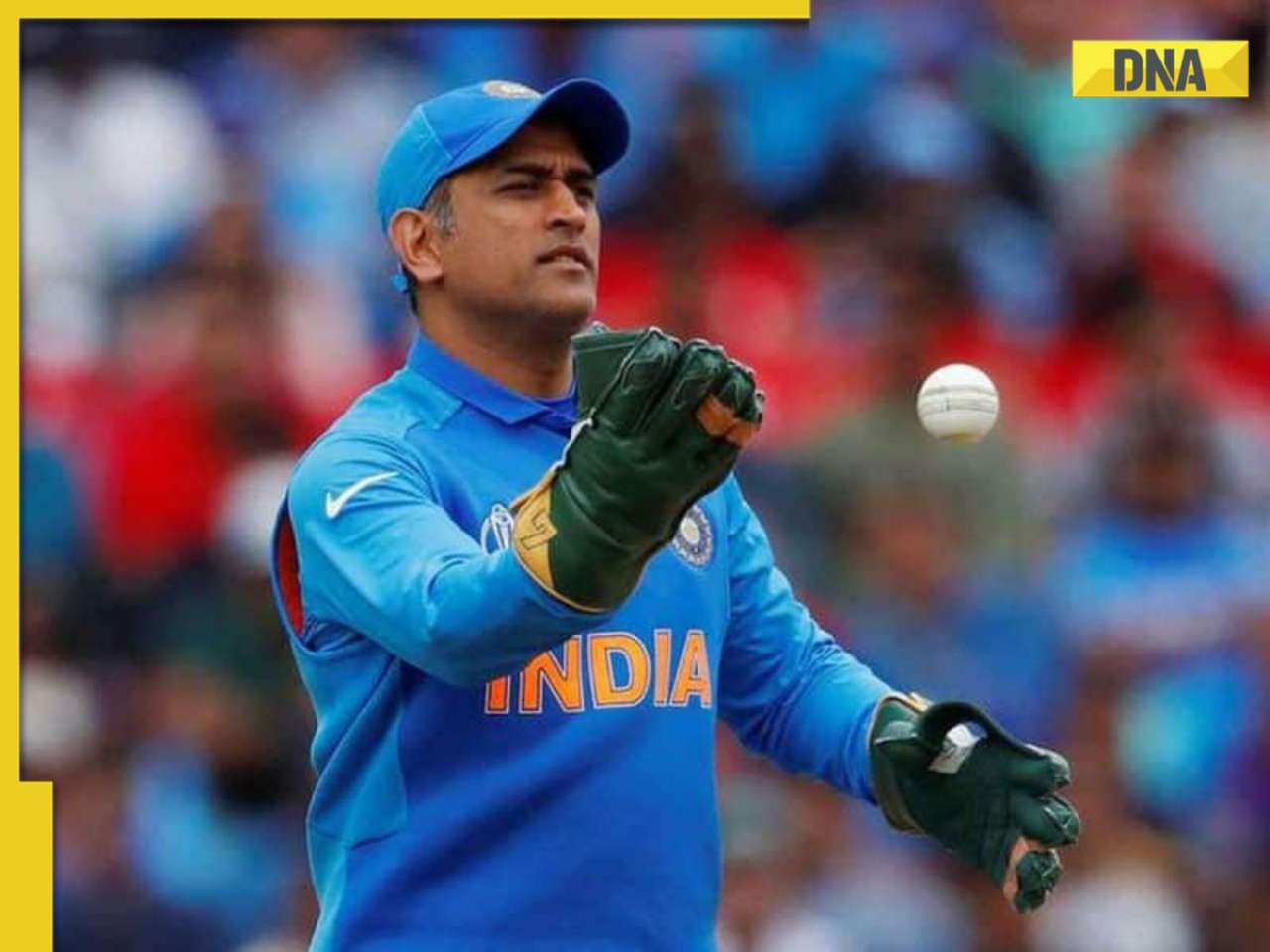
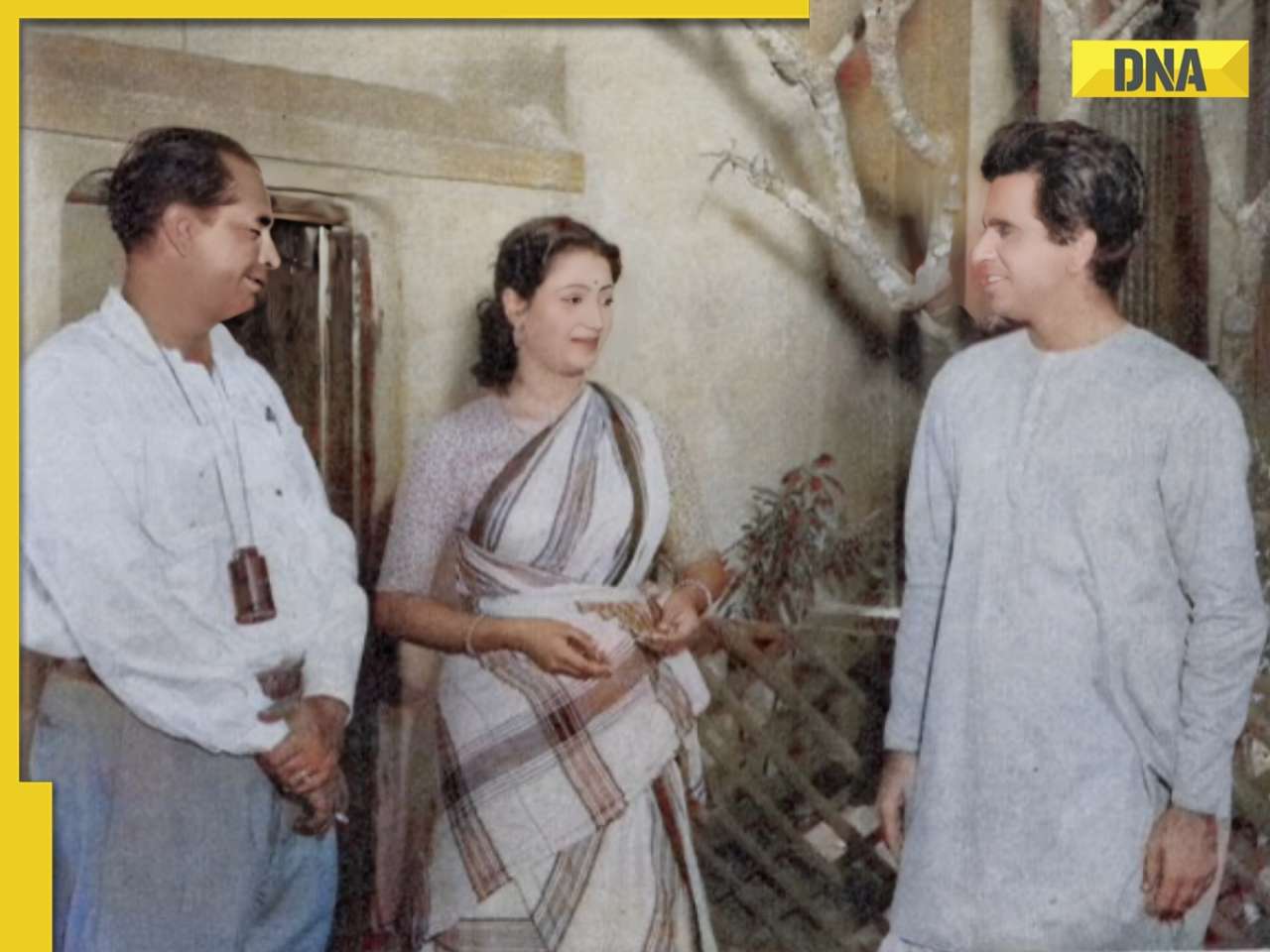





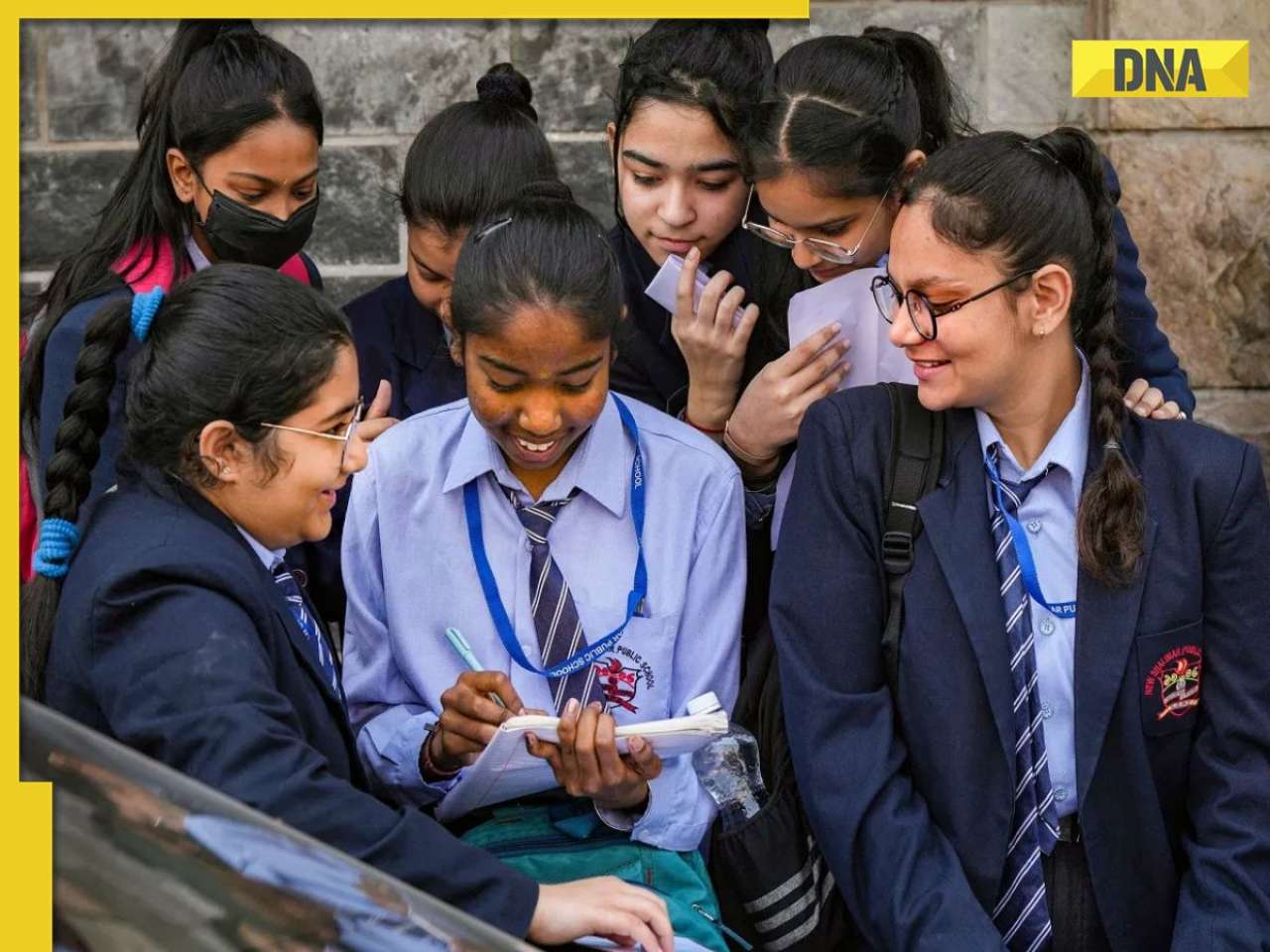
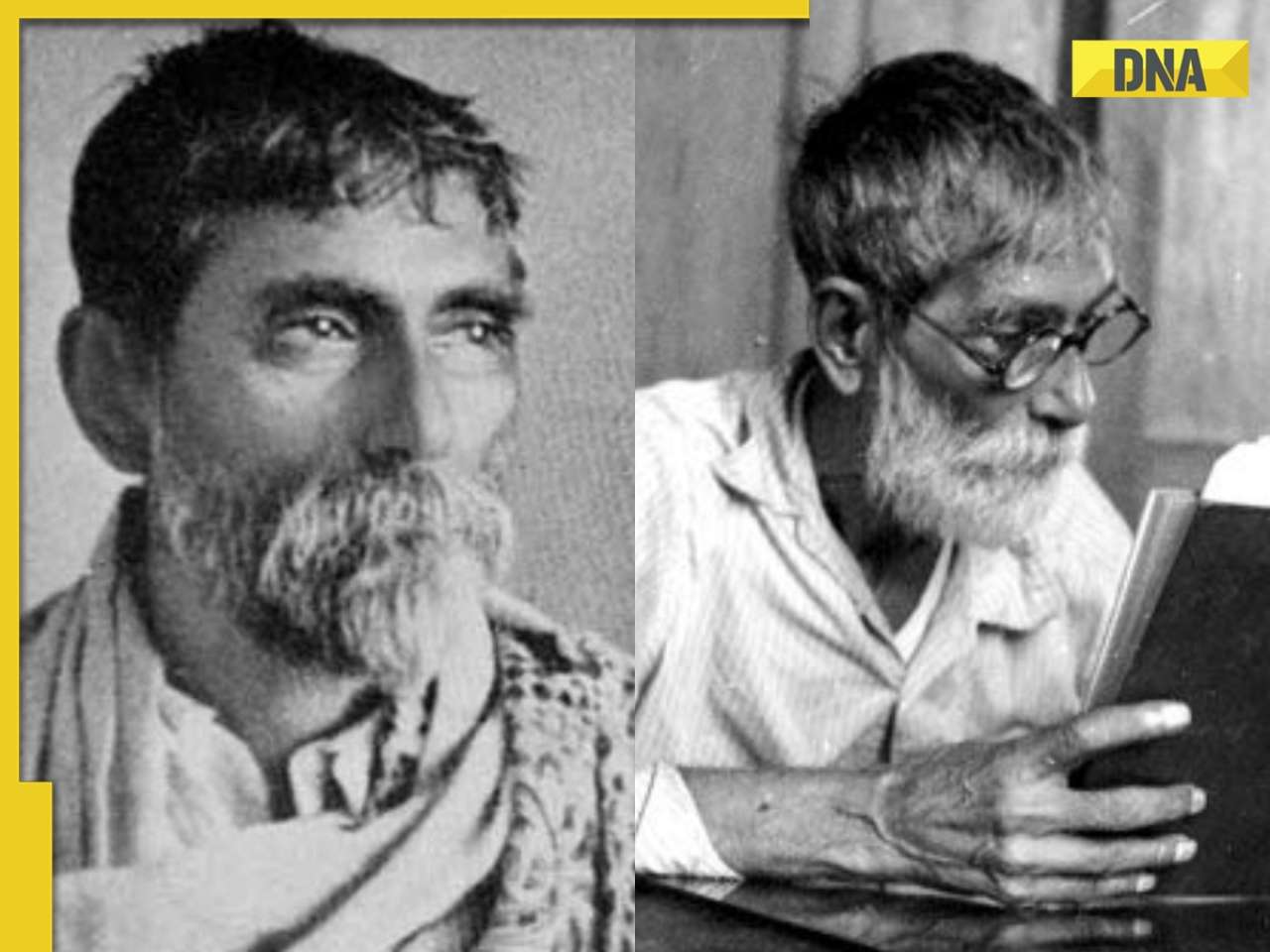
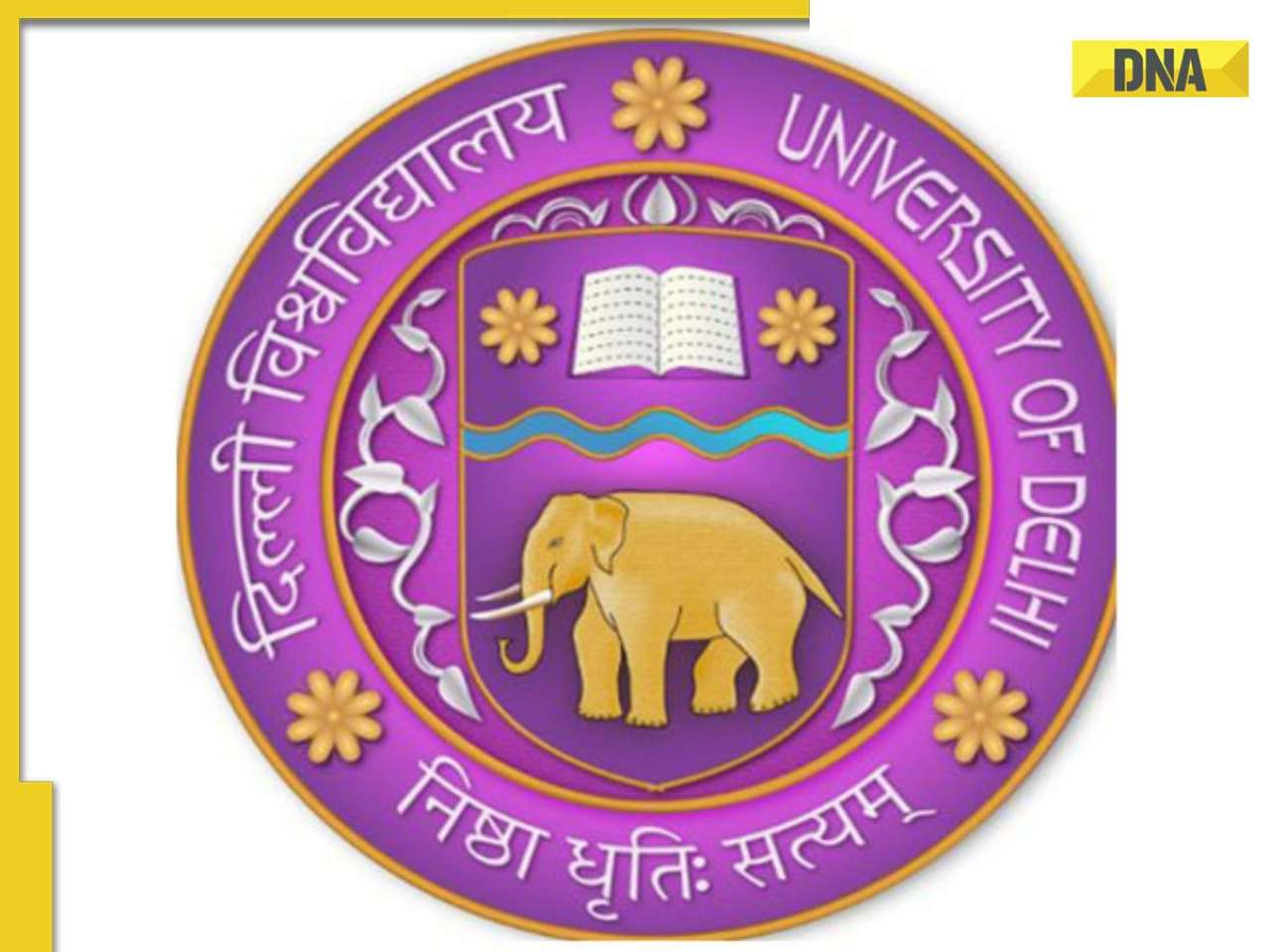



















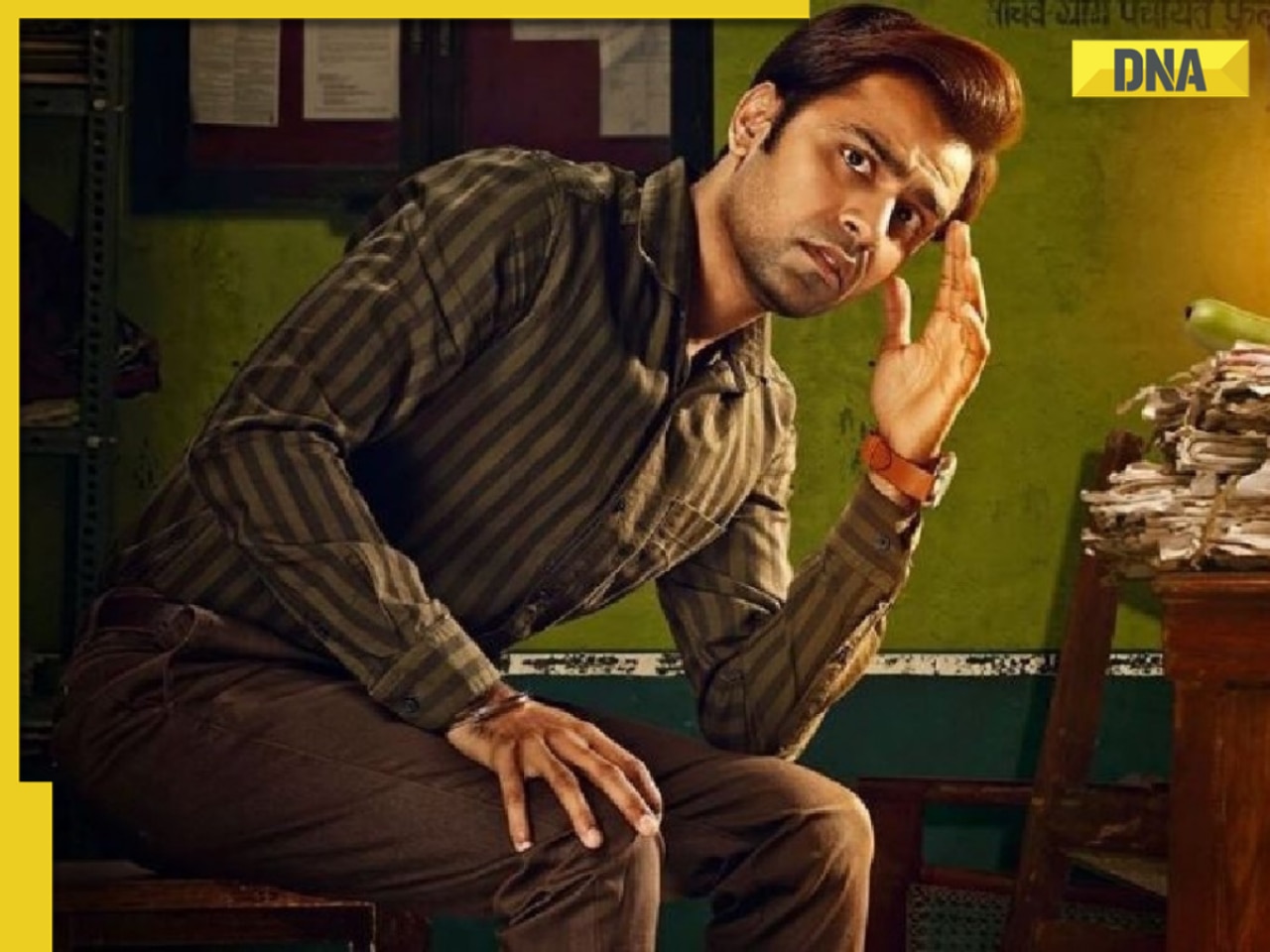
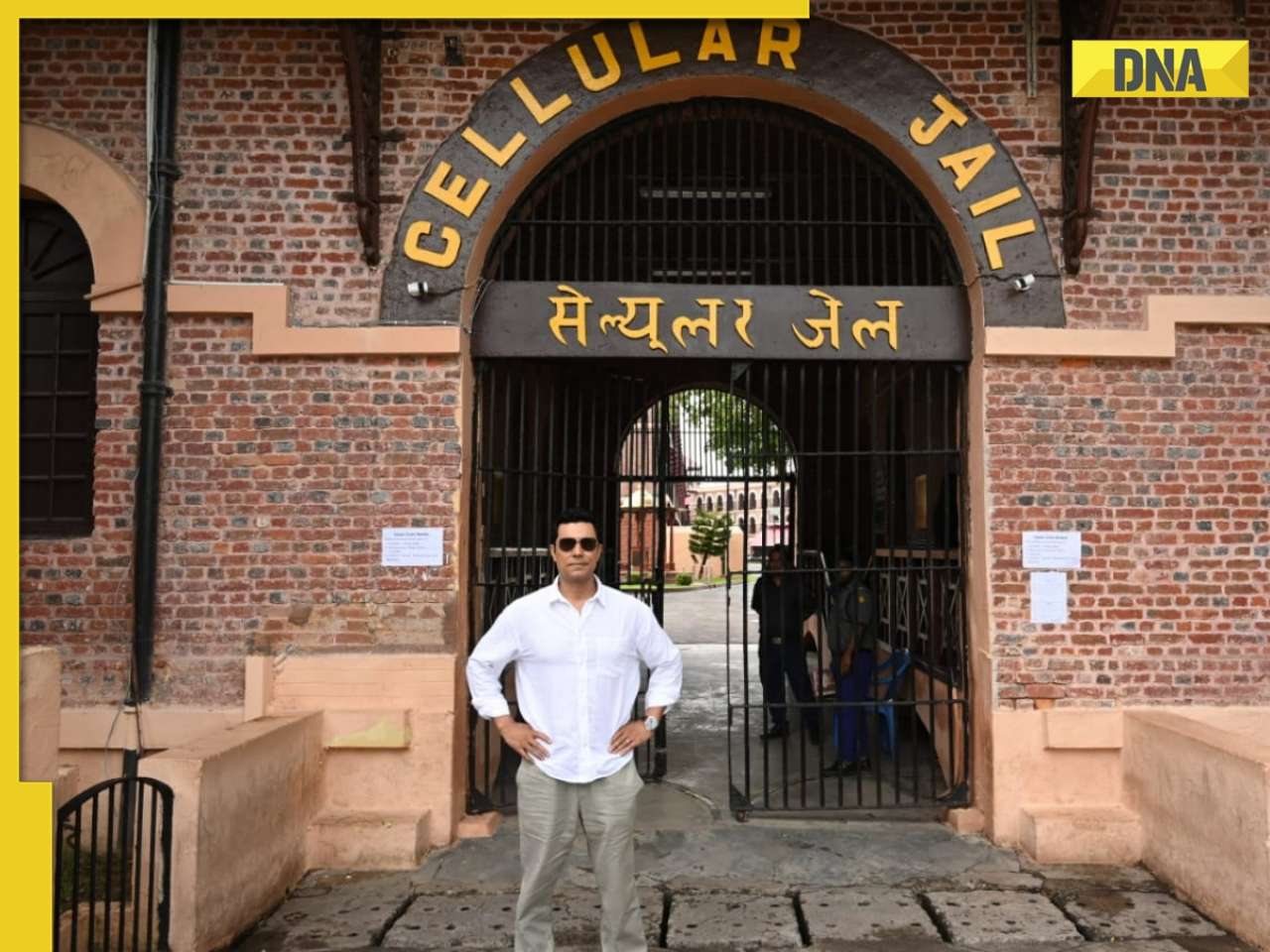

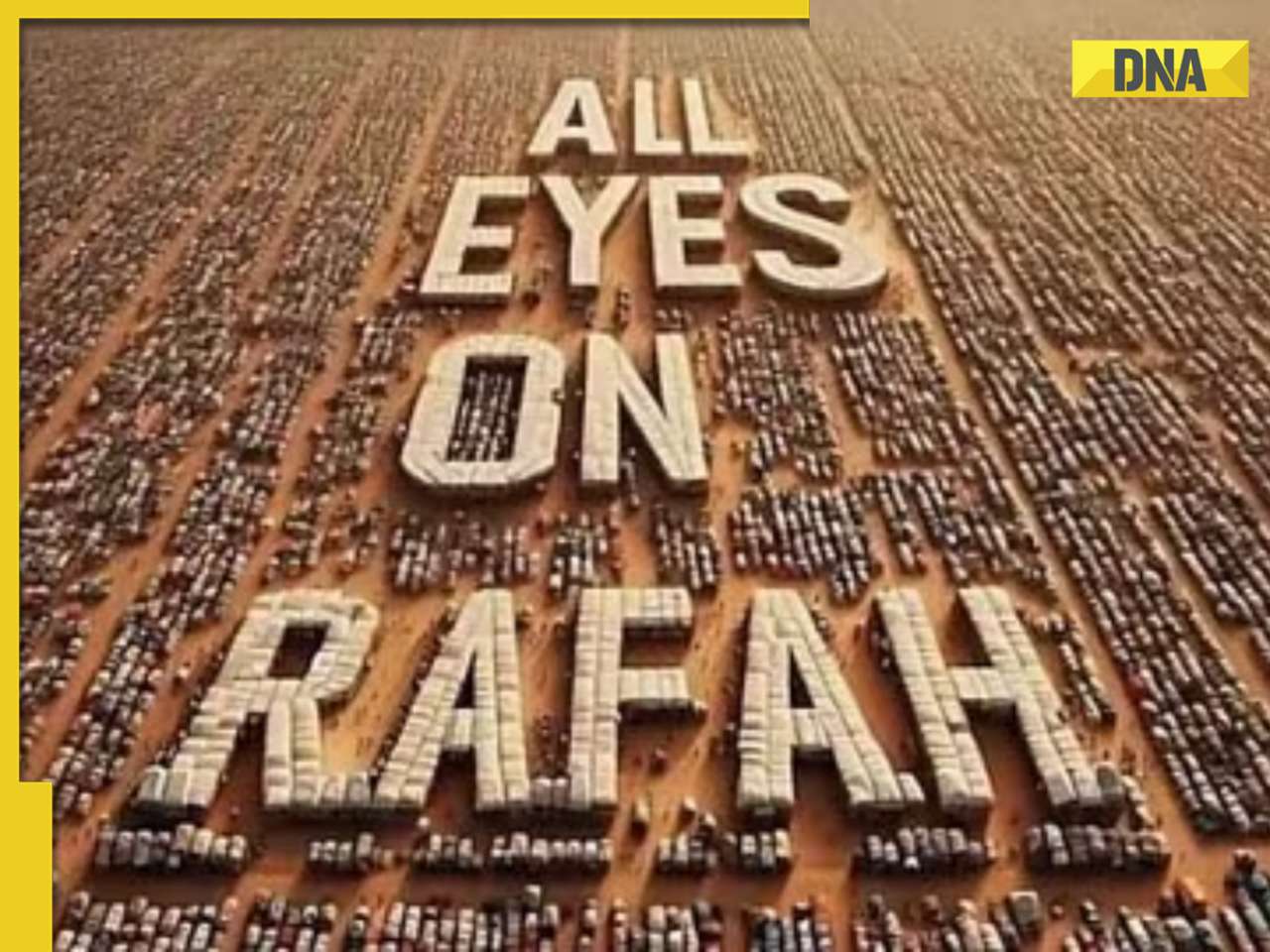








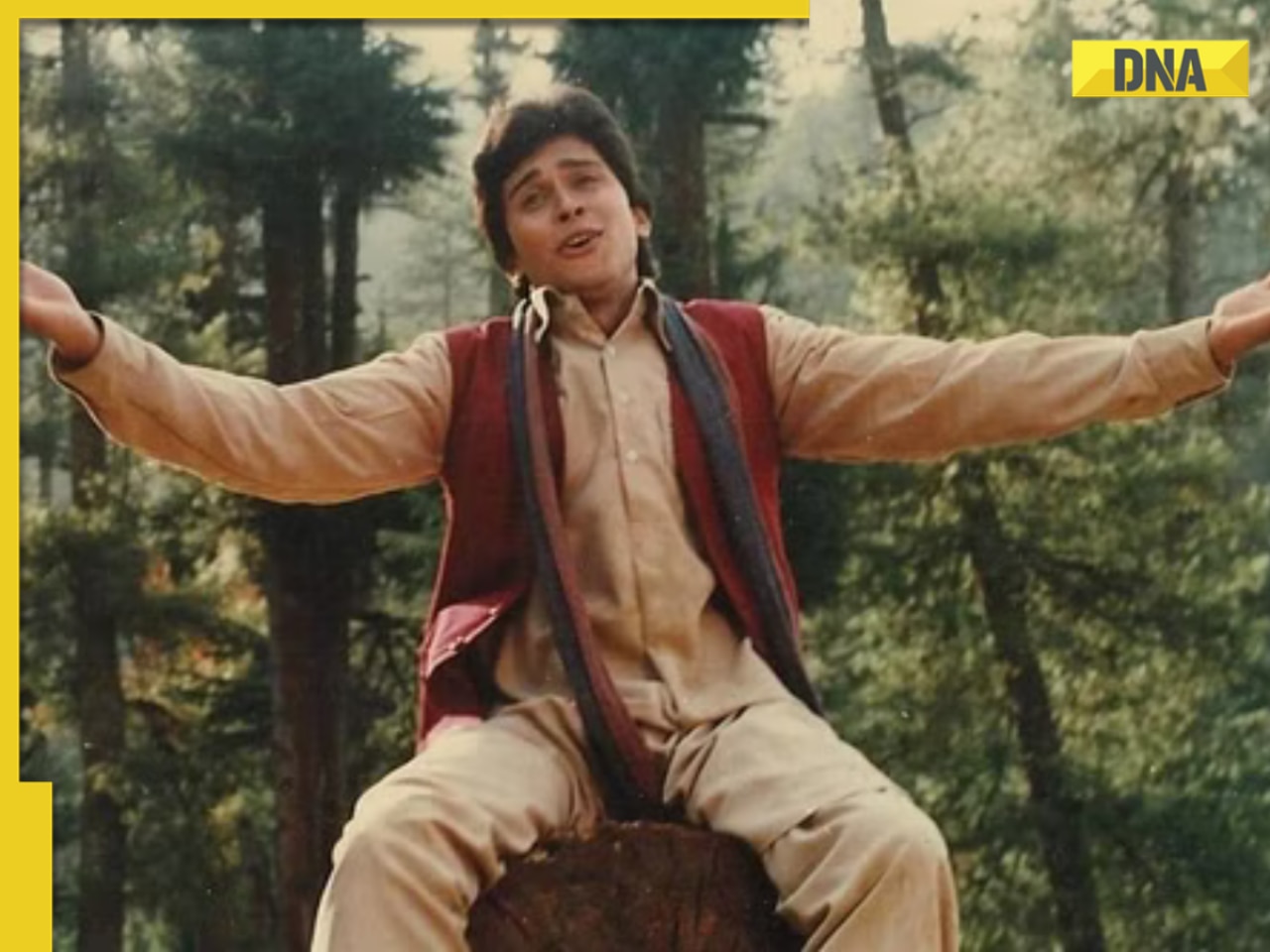


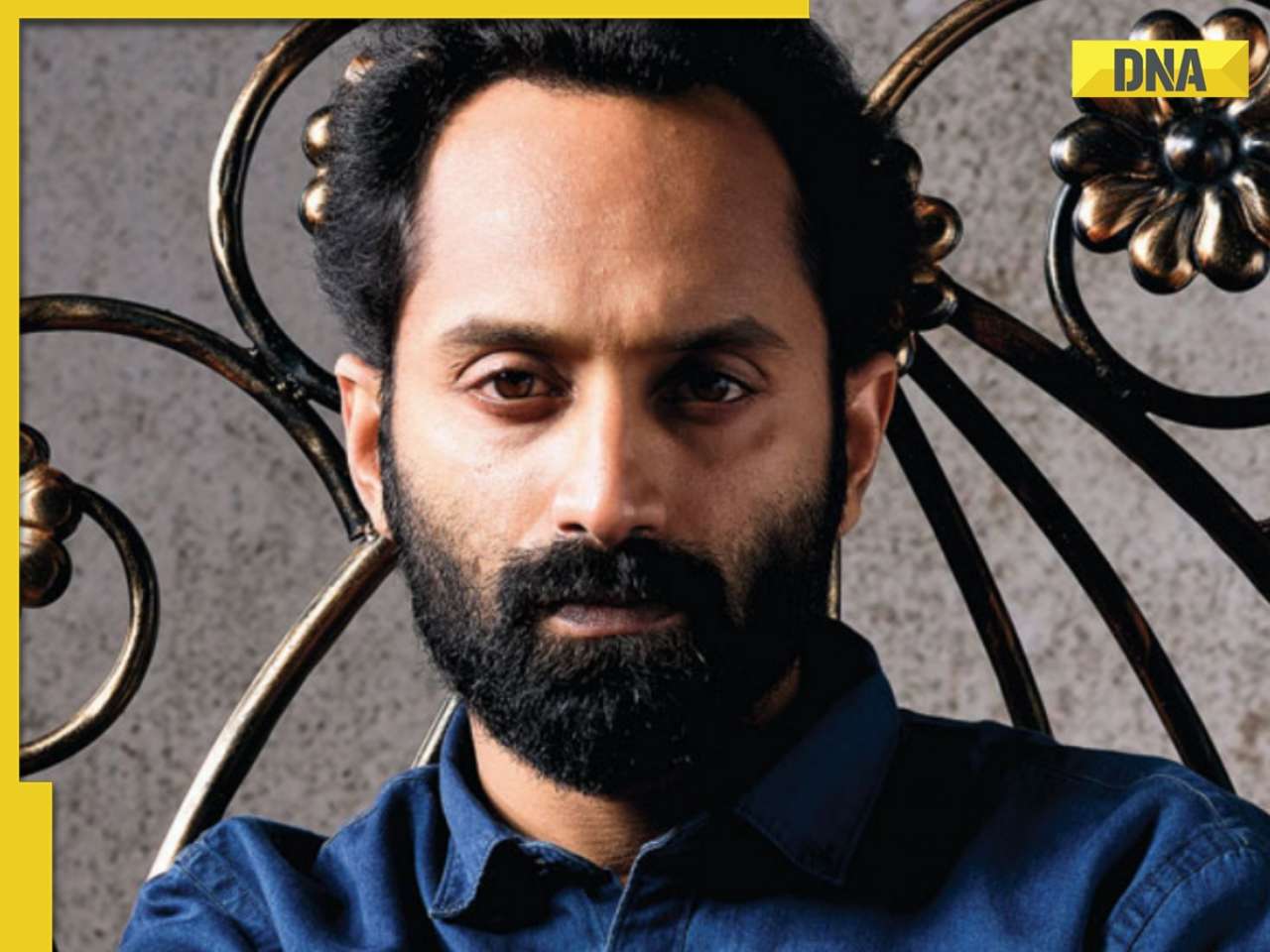
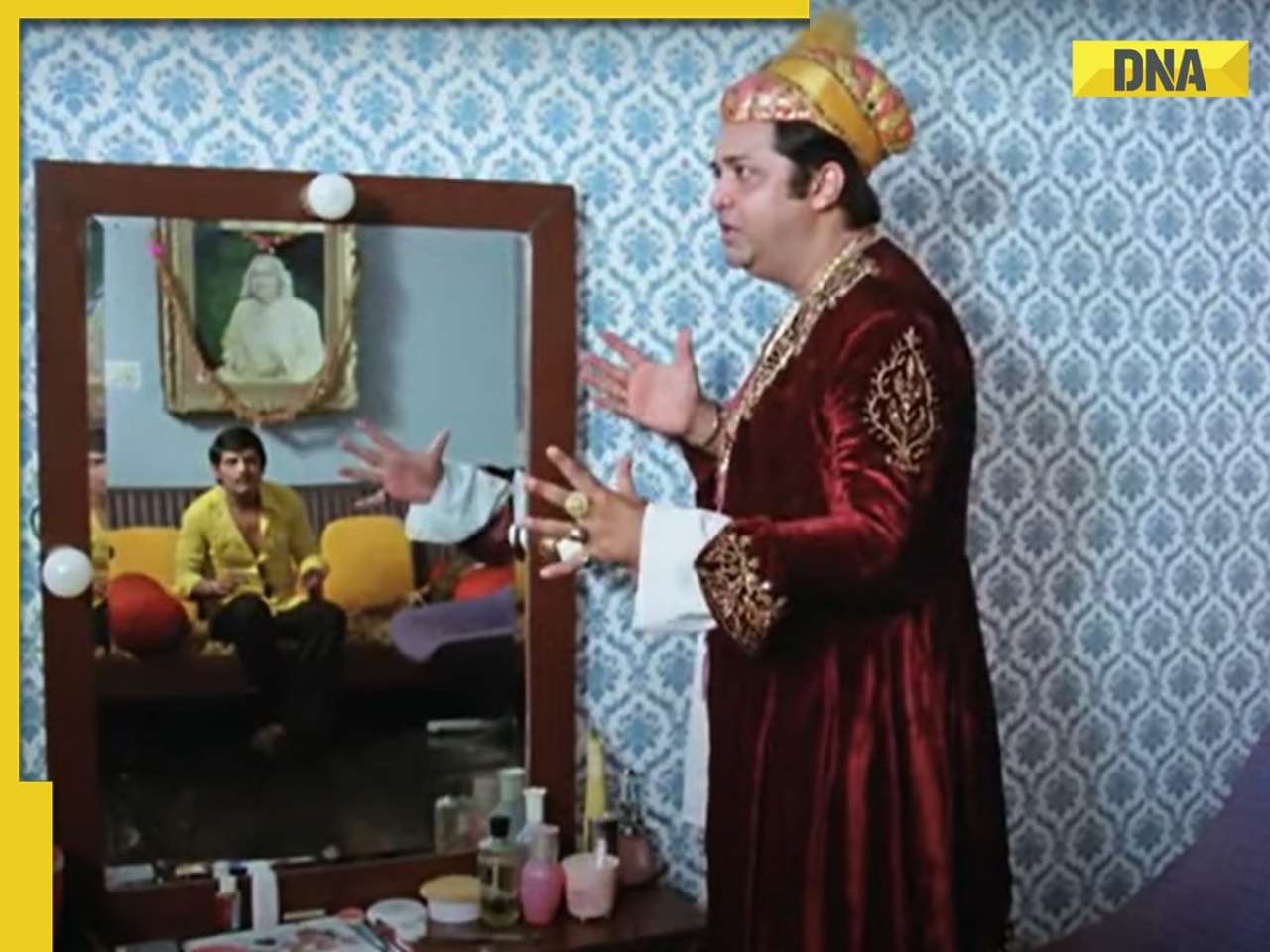


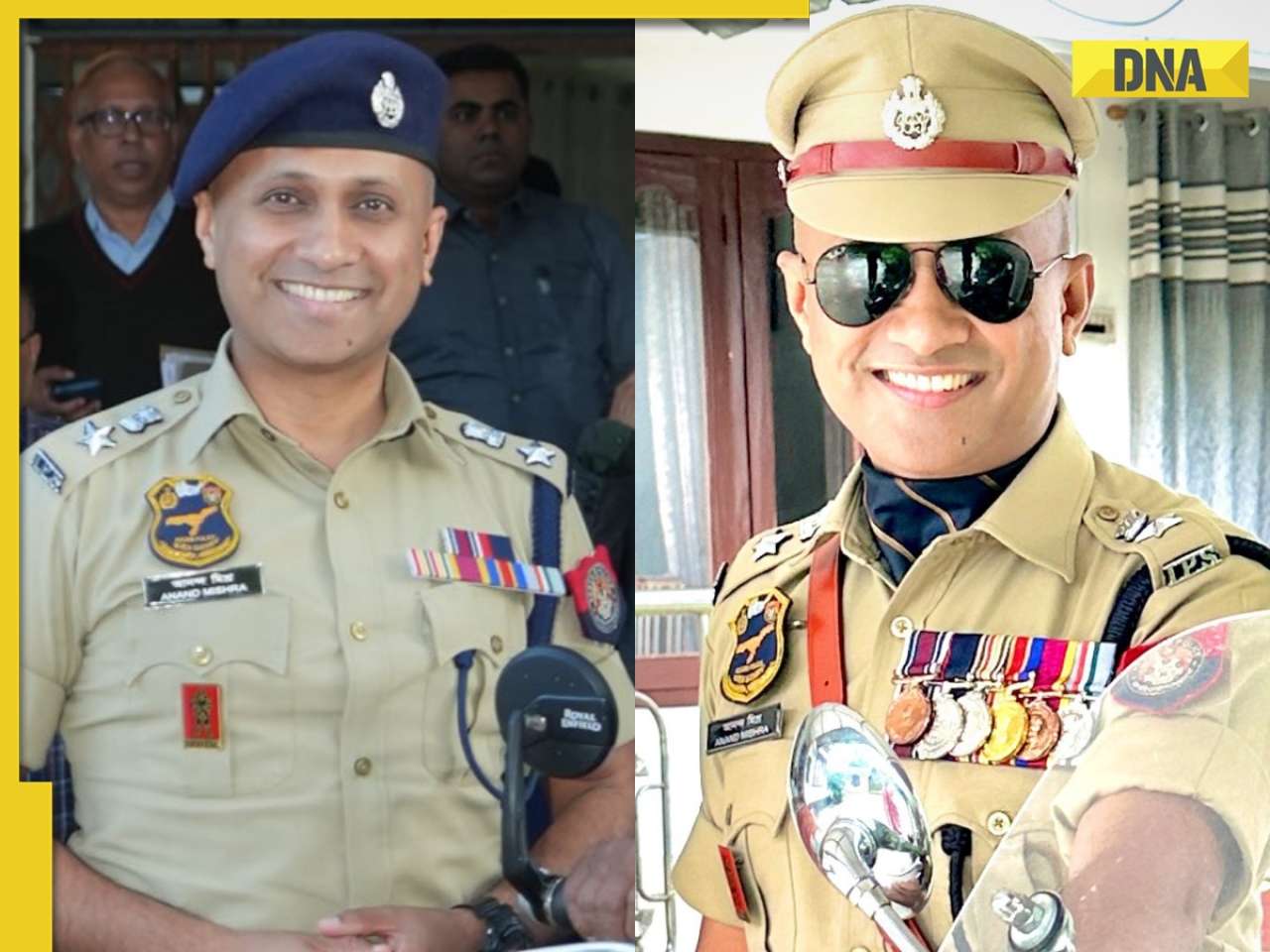
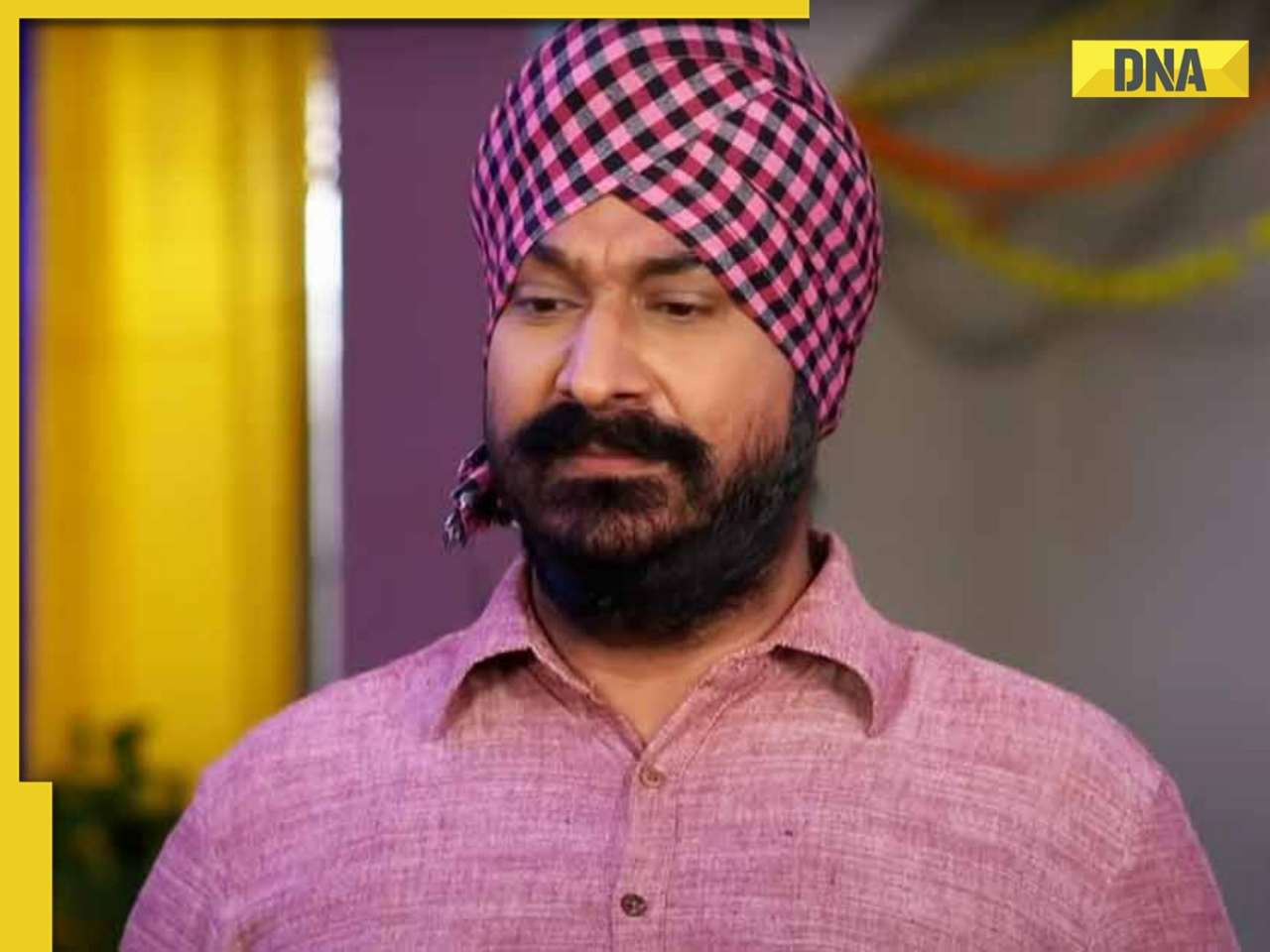
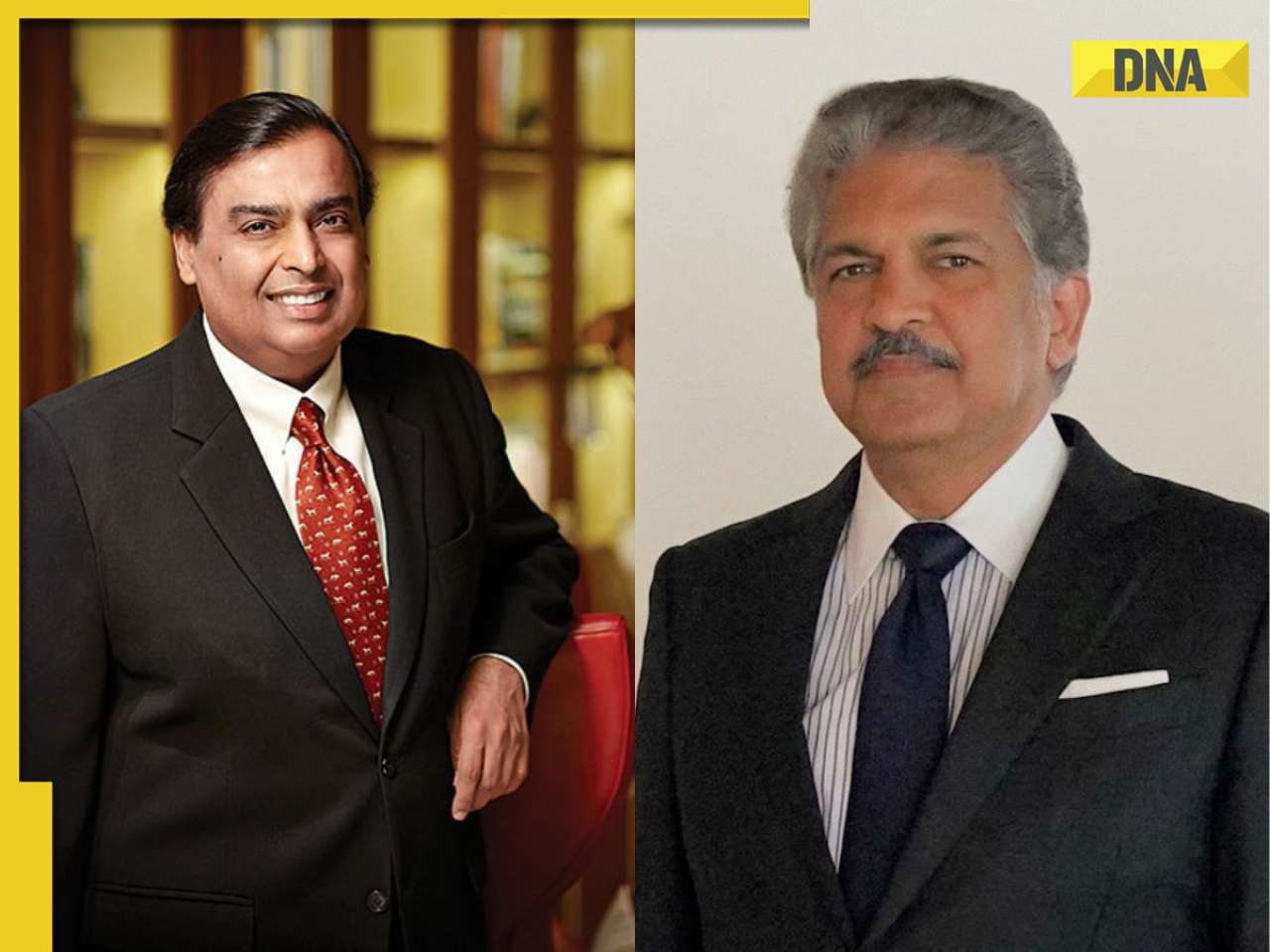




)
)
)
)
)
)